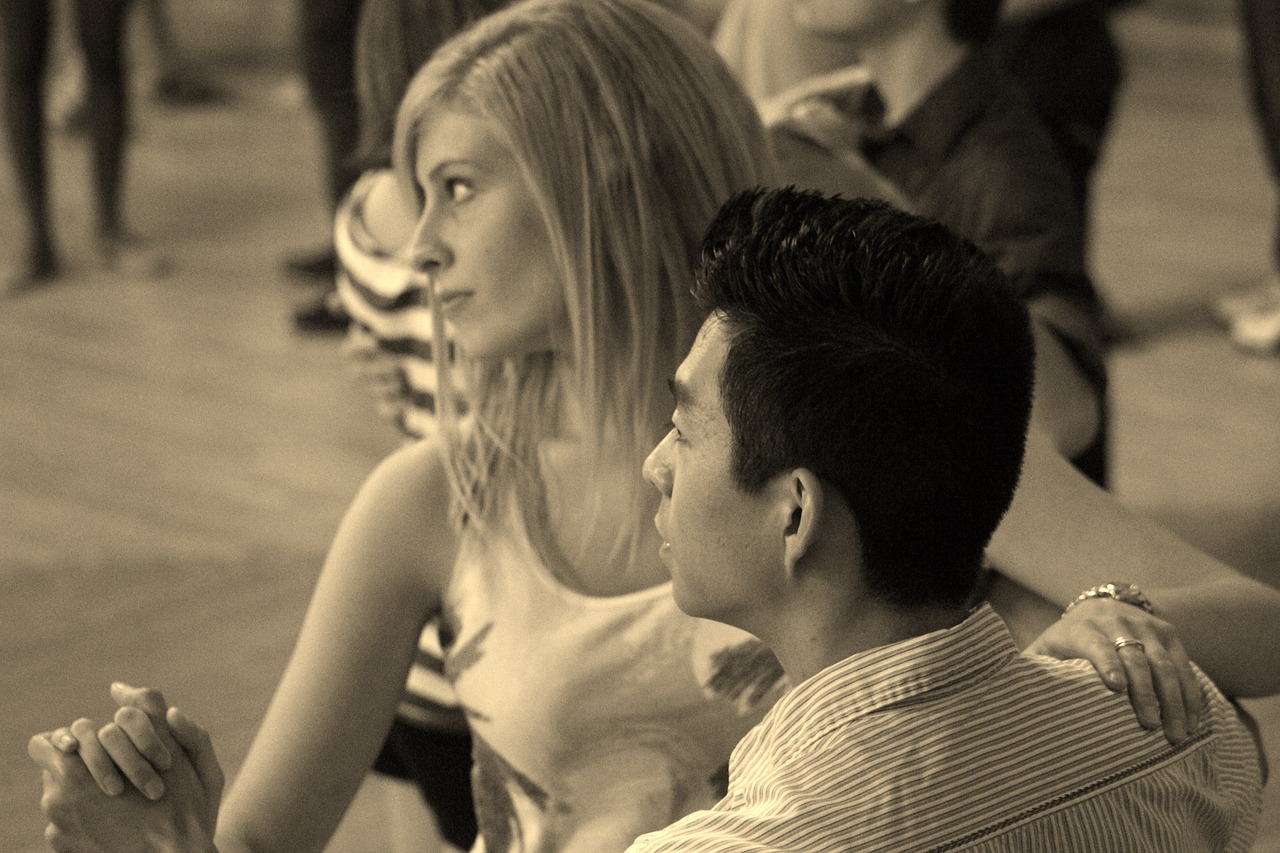Best Mental Exercises for Your Brain
Yeah, I know your brain is not a muscle. However, your brain responds to exercise (of the mental variety) just like a muscle responds to physical exercise. When we exercise a specific muscle, say your bicep, it responds by growing larger, stronger and becomes more efficient at what it does. Your brain responds to mental exercise in a similar manner…well, except for the getting larger part…there’s only so much cranial space up there. An idle brain tends to go to seed, an agricultural term that refers to a deterioration in condition, strength and efficiency, according to the Oxford Dictionary. However, an active brain is one that has the ability to stave off debilitating conditions associated with age, such as Mild Cognitive Impairment and dementia.
With that in mind (see what I did there? “in mind”…) here are some cerebral exercises you can do to sharpen your mental acuity…
- Learn a new skill which forces your brain to think in new and novel ways, such as a language or playing an instrument. If you do choose this mental exercise, just remember that you’re not going to be tested on this material and you’re not expected to become fluent in Mandarin or become a concert violinist. You are learning this new skill to keep your brain active and moving in different directions, not to create more stress in your life. Go at your own pace and choose a skill that you think will interest you the most.
- Take a cooking class as studies have shown that activities that involve multiple senses affect multiple parts of the brain, in a good way. And since cooking involves your senses of touch, sight, taste and smell, it’s the perfect beneficial exercise for your brain. Just remember, like physical activity, mental activity must be done over a long period of time. So, continue to get in the kitchen and experiment with new and challenging recipes to derive the most benefit.
- Spend some time using your non-dominant hand to write, draw and do ordinary, daily activities, like opening doors, using utensils and putting cream in your coffee. Using your non-dominant hand forces you to focus a great deal on the task at hand and this gets those neurons firing in new ways. It’s almost like re-learning everyday activities all over again. As always, this should be done over a long period of time and on a regular basis.
- Get out there and socialize with friends, family, even complete strangers. Study after study shows that socialization helps to fend off dementia and even Alzheimer’s disease. And while you’re out there socializing, play games with those you’re with, such as card games, backgammon, chess, or mahjong. As previously mentioned, any activity that stimulates multiple parts of the brain simultaneously is best for maintaining cognitive functions as we age.
- Drop it low while learning new dance moves. Learning a new dance, such as the salsa, a tango, or tap not only gets you moving, but forces you to concentrate as well. The combination of memorizing steps and the physical activity involved helps support your memory and floods the brain with oxygenated blood. Learning a new dance is a perfect example of killing two birds with one stone. It’s physical activity and a great cognitive exercise.
- Find your inner peace with tai chi, a form of exercise that involves meditation, rhythmic breathing and slow, gentle movements. Known as “meditation in motion,” tai chi not only generates brain activity it has also been shown to help maintain balance, flexibility and muscle strength, all things we need as we age. If you’ve ever heard of the mind-body connection, tai chi is the perfect example. If you’re interested in learning more, here’s a great site with video.
- Start a new hobby that forces you to think in different ways. Similar to learning a new skill, taking up a new hobby that’s unrelated to anything you’ve done previously forces you to think in different ways and opens up new pathways in the brain. If you’ve never felt connected to nature, try gardening. If you’ve never been much of a writer, start a journal. If you’ve never been into art, start painting (by numbers counts) or drawing. Anyway, you get the idea. Start an activity that you’ve avoided for whatever reason, and you’ll feel your brain get to work.
Yes, the brain is an extremely complicated thing. Science and medicine constantly learn new things about it, but the one thing they’ve known for quite a while is that the more you use it in new and different ways the better your chances of maintaining your cognitive functions as you age. The above activities will help get you started.

